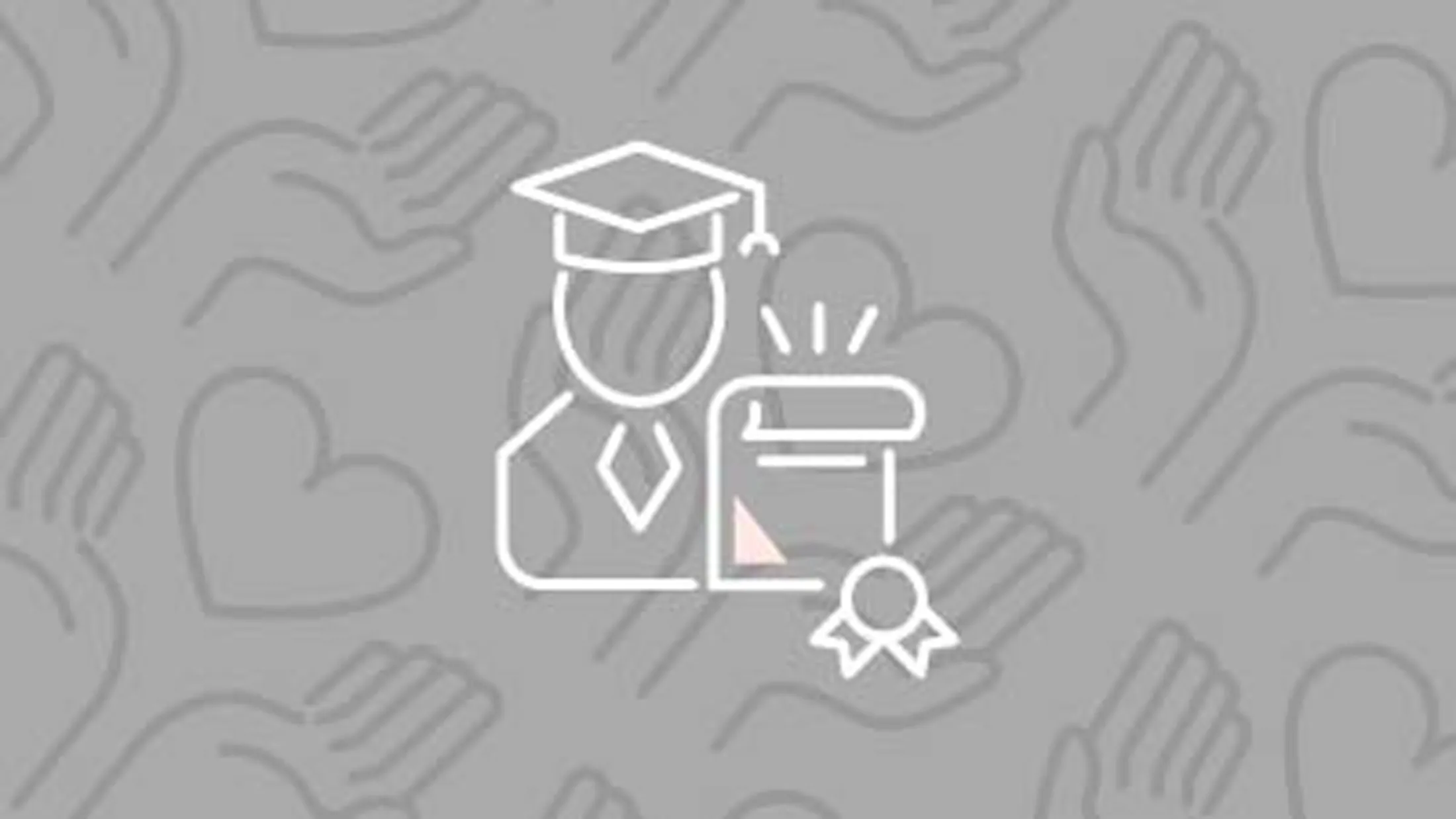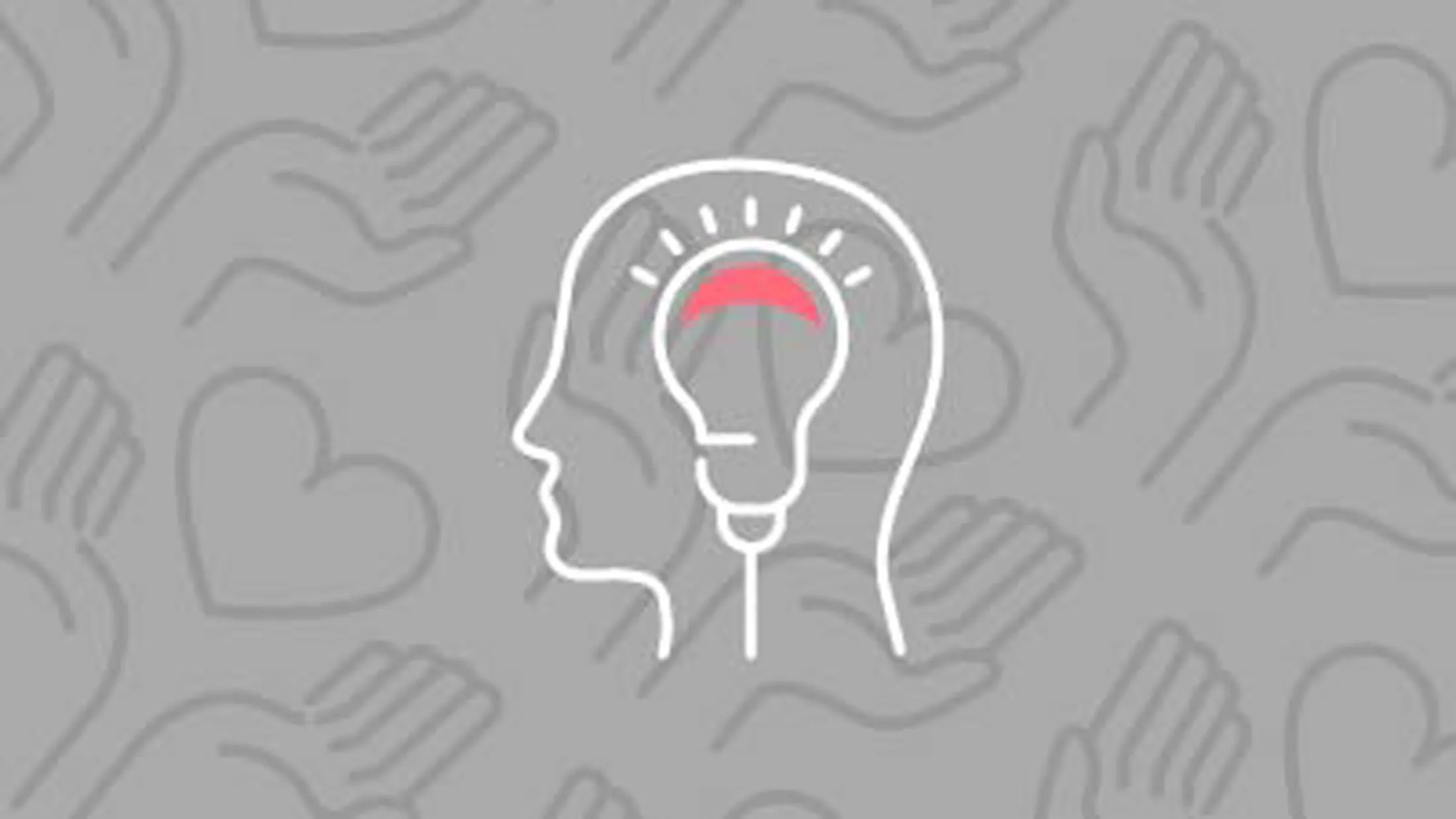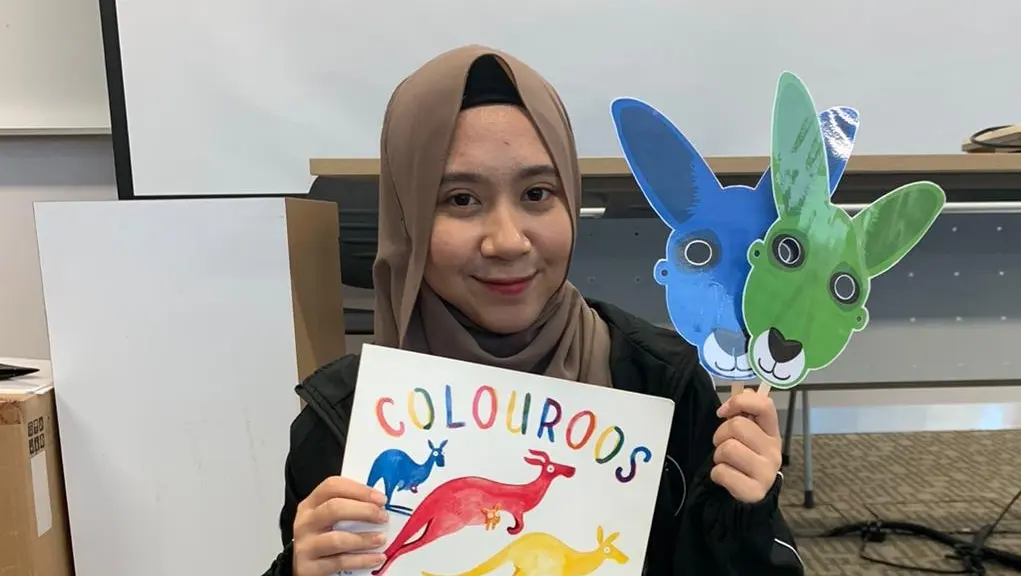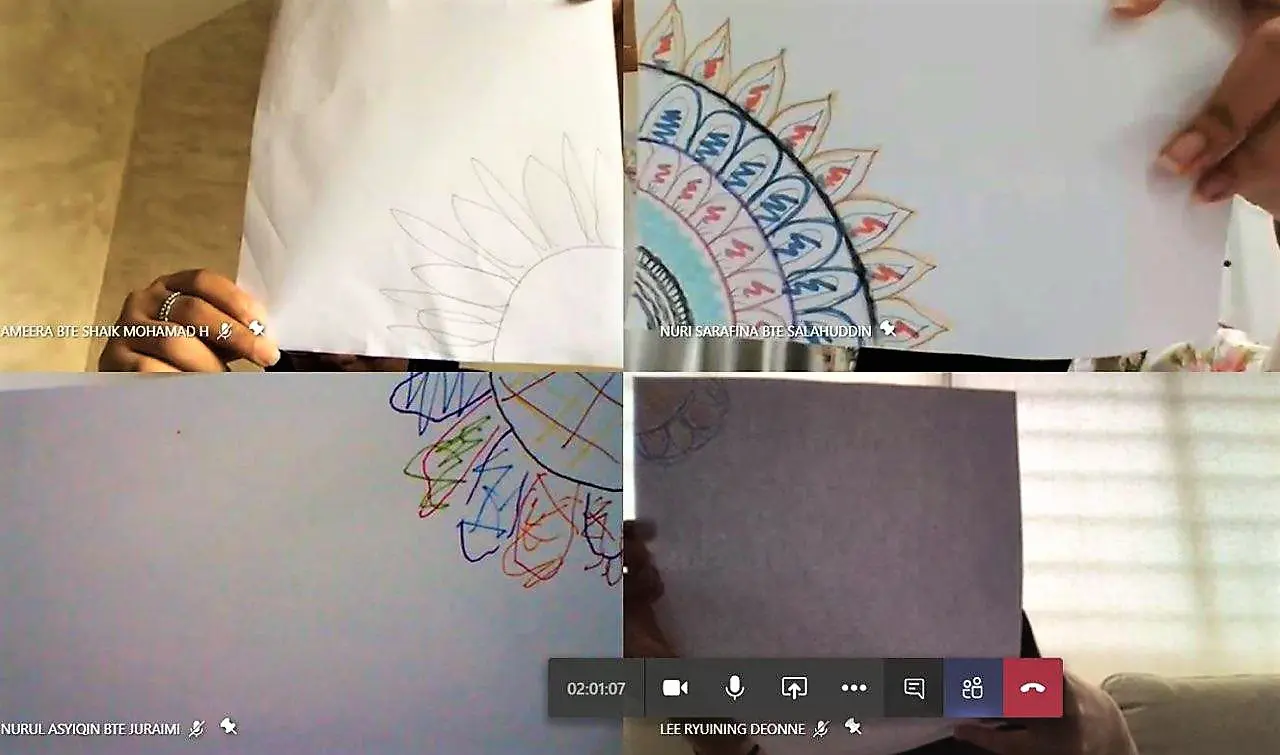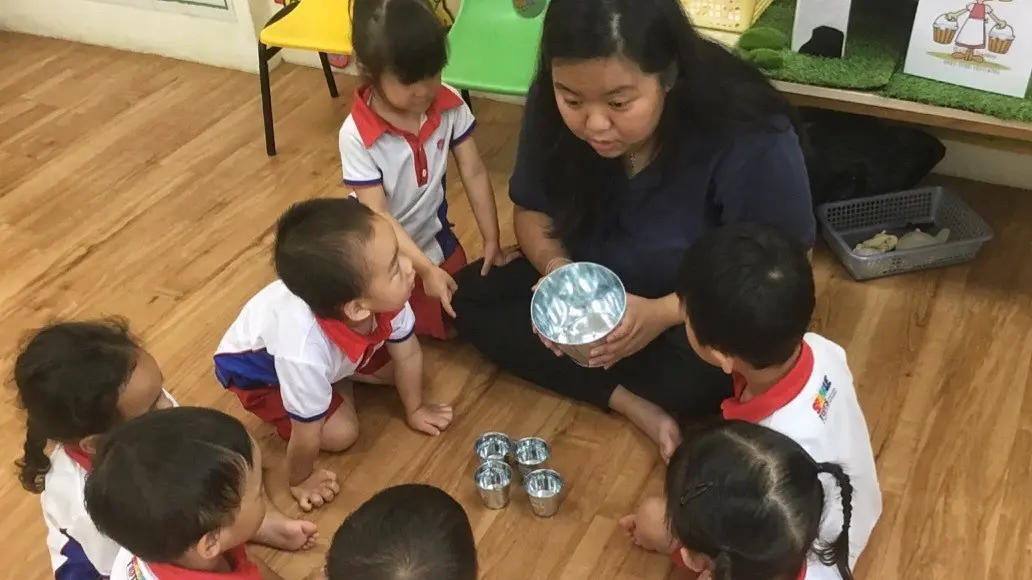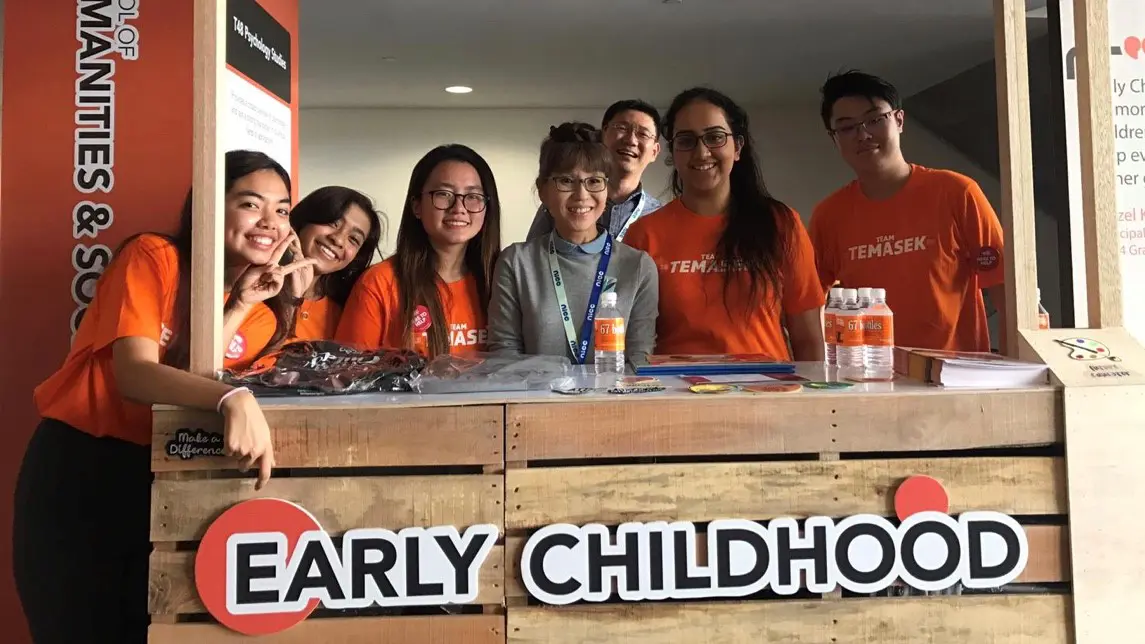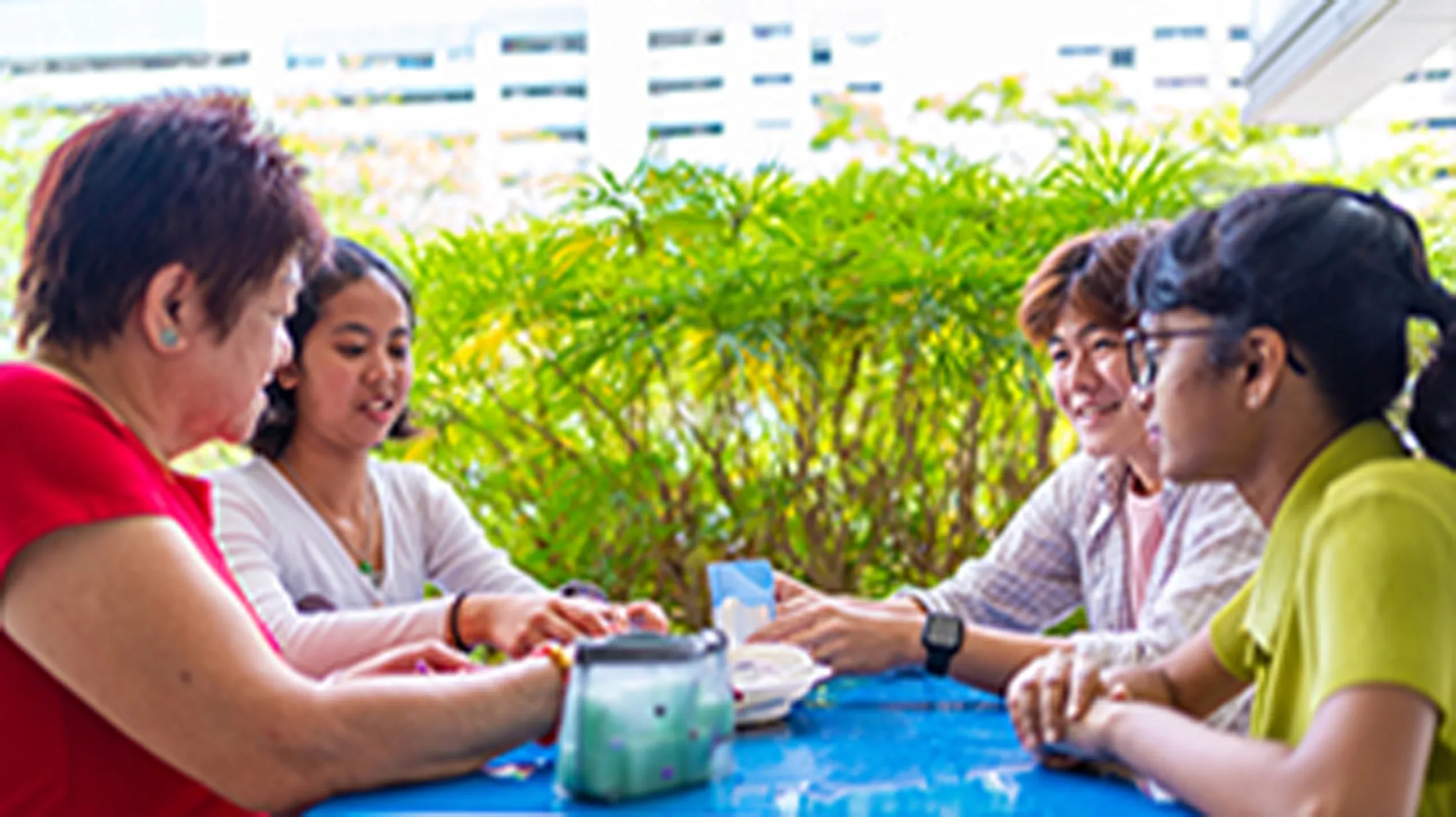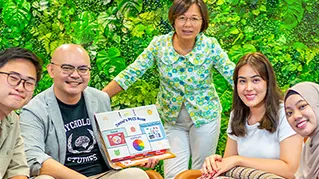"My name is Rasnaam Kaur and I am a graduate of Early Childhood (EC), class of 2020. I chose this course to further my passion for teaching and love for children.
The EC course was holistic, covering curriculum to special needs and psychology modules. This gave me a deeper understanding of early education and prepared me for my six-month internship. During my internship I gained practical experience, such as managing classes, planning events and curriculum, designing learning environments, conducting portfolio observations and engaging with parents. This complemented everything I had learnt in theory. My principal, senior mentor, and student liaison officer guided me throughout the process.
In Temasek Polytechnic (TP), I enjoyed campus life such as being part of leading open houses, participating in school wide events, mentoring students, overseas exposure and cross-disciplinary subjects. The practical, academic and social experiences that TP created, also helped me develop relevant soft skills. These include managing and working collaboratively with various people, time management, confidence in public speaking, networking with professionals and taking up new challenges. The ECS faculty, from my care person to my lecturers and course director, was always there to support my learning and inspired me with their dedication. The friends I made from classes and school events, were my support system in school, and continue to be there for me today. This environment at TP, along with my parent’s and God’s blessings, allowed me to thrive and be the recipient of the TP graduation award, PCF Best Intern Award and various awards from the Ministry of Education.
I aspire to work my way up in the early education sector to become a principal and EC lecturer, either locally or overseas. To gain a global perspective, I came to Melbourne to get some experience in the industry. I will return in August to complete my degree with SUSS. My TP family has made a lasting impact on me and I treasure all the memories made. Though we are unable to commemorate our graduation traditionally during this lockdown, we still celebrated each other’s success. That’s what Humanities of Social Sciences (HSS) is; Heart, Spirit, Soul."
Rasnaam Kaur

